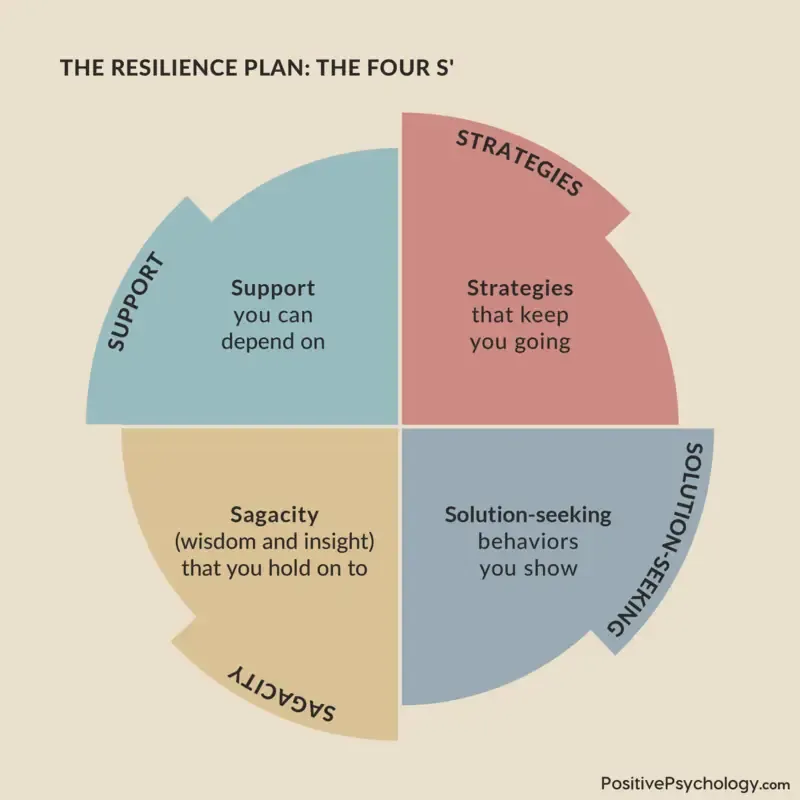Life can be a rollercoaster ride, filled with both ups and downs that test our resilience. As we navigate through the various challenges and stressors that come our way, it’s important to develop strategies to maintain a healthy balance and bounce back from adversity. In this blog post, I will share my personal experiences and the strategies I’ve found helpful in building resilience and managing stress.
One of the most crucial aspects of resilience is understanding that stress is a part of life. From work deadlines to personal relationships to unexpected curveballs, stress can manifest in various forms. For me, the first step towards finding balance was realizing that I couldn’t control everything that came my way, but I could control how I responded to it.
To begin my journey towards resilience, I turned to self-reflection and mindfulness. Taking time each day to focus on my thoughts, emotions, and physical sensations helped me gain a deeper understanding of myself and how I react to stress. Through mindfulness practices such as meditation, deep breathing exercises, and yoga, I discovered the power of being present in the moment and letting go of unnecessary worries.
Another key strategy I found helpful was establishing a support network. It’s important to surround yourself with positive and uplifting individuals who can be there for you during challenging times. Whether it’s a close friend, family member, or therapist, having someone to lean on and share your experiences with can make a world of difference in your resilience journey. Personally, I’ve been fortunate to have a few trusted friends who have always been there to listen without judgment and offer valuable advice.
In addition to seeking emotional support, I realized the importance of taking care of my physical health. Exercise became my sanctuary, providing a much-needed break from the chaos of everyday life. Engaging in regular physical activity not only reduces stress levels but also releases endorphins, the body’s natural mood-boosting chemicals. Whether it’s going for a run, practicing yoga, or simply taking a stroll in nature, finding an exercise routine that works for you can greatly impact your ability to handle stress and bounce back with resilience.
Furthermore, I made a commitment to prioritize self-care. In our fast-paced world, it’s easy to neglect our own needs amidst the demands of work, family, and other responsibilities. However, I discovered that taking the time to nurture my own well-being was essential for building resilience. This meant allowing myself to rest when needed, indulging in activities that brought me joy, and setting boundaries to protect my mental and emotional health. Whether it’s reading a book, taking a relaxing bath, or pursuing a hobby, finding activities that replenish your energy and bring you happiness is vital for resilience.
Additionally, I found that reframing my mindset and practicing gratitude played a significant role in my journey towards resilience. Instead of dwelling on the negatives or constantly worrying about what could go wrong, I made a conscious effort to focus on the positives in my life. By practicing gratitude and acknowledging the things I am grateful for, I became more resilient and better equipped to handle stress. Whether it’s keeping a gratitude journal or simply taking a few minutes each day to reflect on what I’m thankful for, this shift in perspective has made a tremendous impact on my overall well-being.
Lastly, I realized that self-compassion was key in cultivating resilience. Rather than being overly self-critical or judgmental, I learned to treat myself with kindness and understanding. It’s natural to make mistakes or face setbacks along the way, but rather than letting them define me, I chose to view them as opportunities for growth. By practicing self-compassion, I allowed myself to learn from my experiences and develop a stronger sense of resilience.
In conclusion, building resilience and finding balance in the face of stress is an ongoing journey that requires personal commitment and self-reflection. By incorporating strategies such as mindfulness, building a support network, prioritizing physical and mental health, practicing gratitude, and cultivating self-compassion, we can develop the resilience needed to navigate life’s challenges with grace. Remember, resilience is not about avoiding stress altogether but rather about learning, adapting, and growing from it. So, embrace the rollercoaster ride of life and let your resilience soar!
